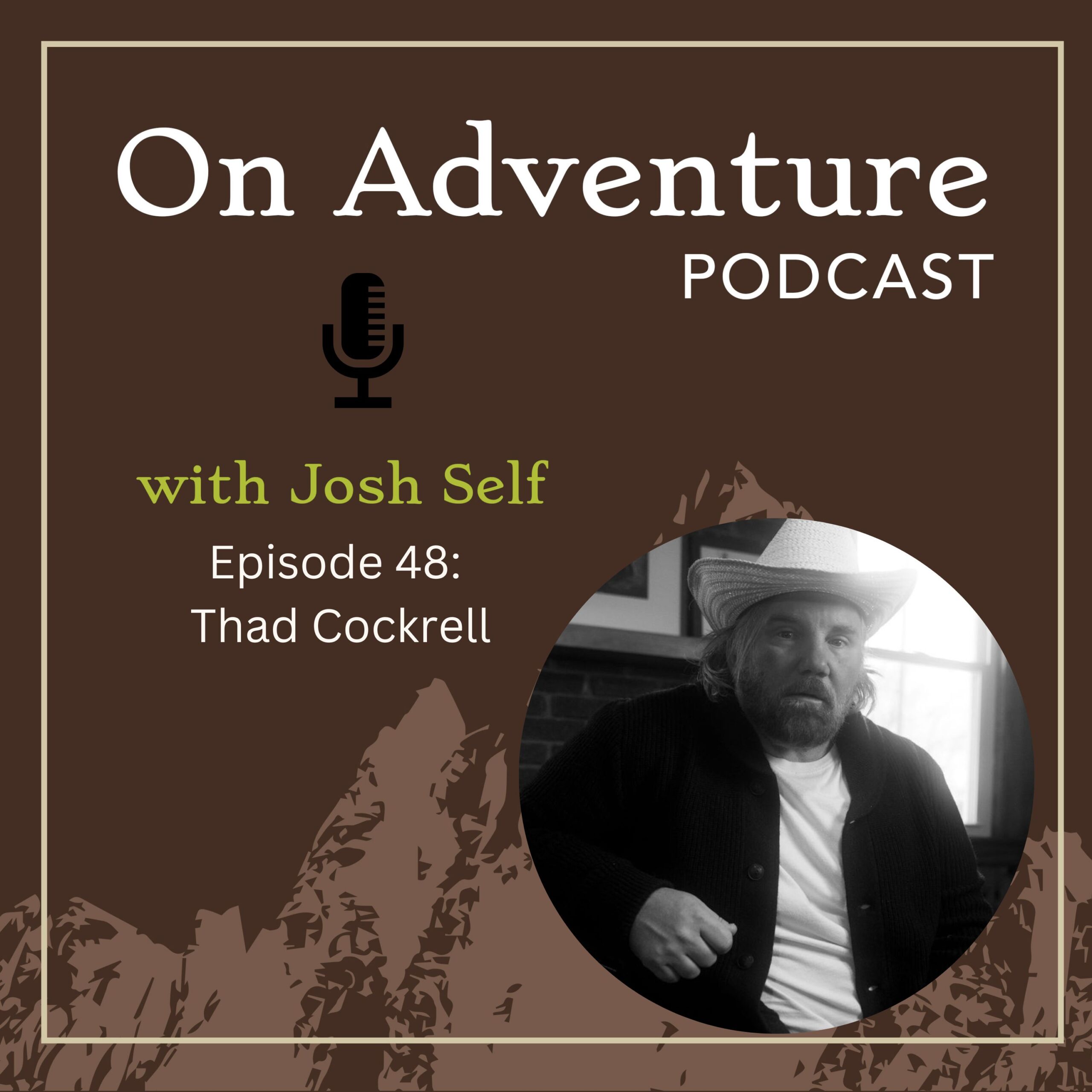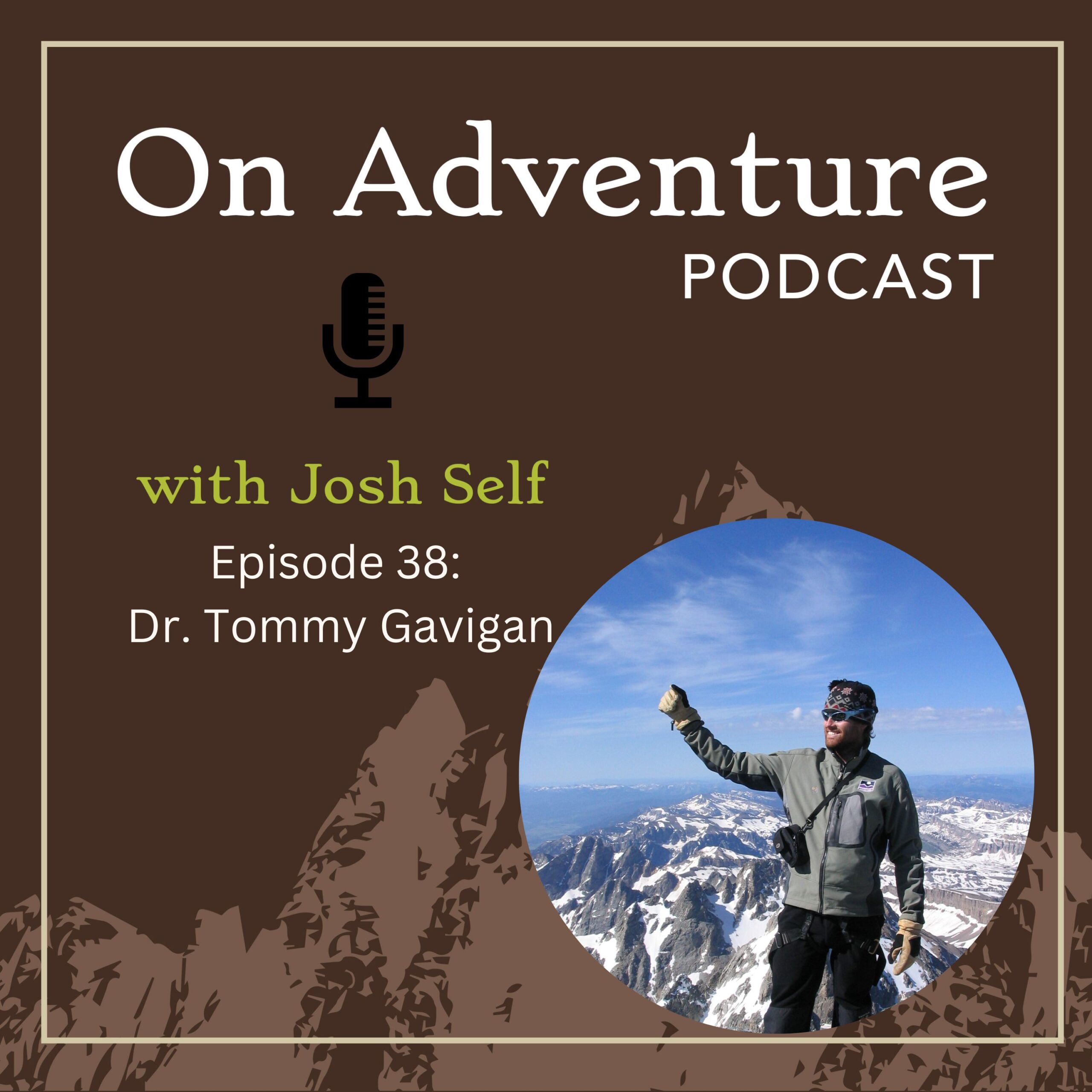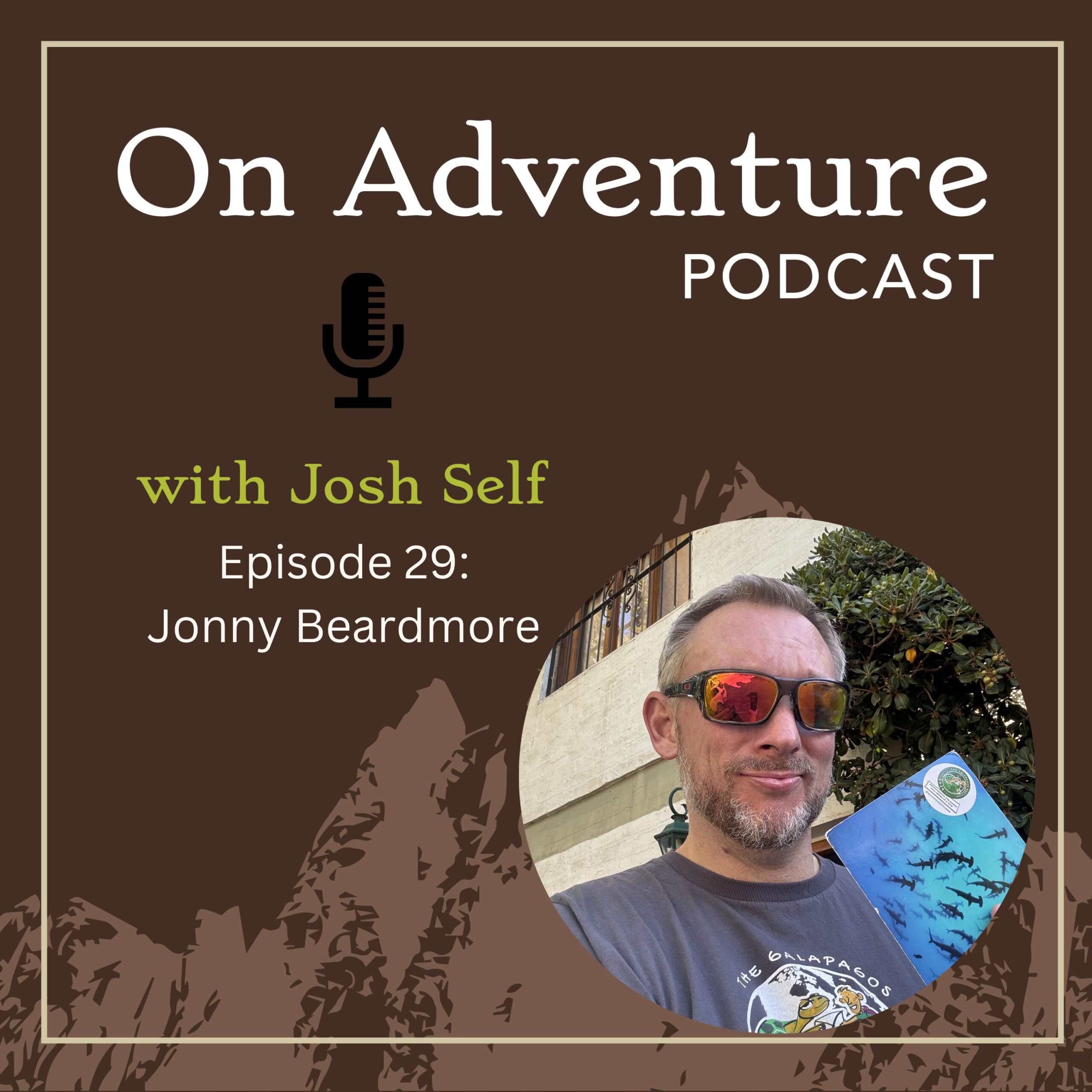You have a solid job that covers the essentials and taps into your talents. Your relationships with your spouse, children, extended family, and close friends are meaningful and enriching. Your home offers both comfort and safety, and your golf outings or local volunteer work add enjoyable dimensions to your routine.
On paper, you’re living the ideal life. Yet many who tick these boxes still feel there’s a gap—something intangible yet deeply felt.
Recently, a compelling study published in Affective Science explored exactly what constitutes a truly “good life.” Researchers surveyed nearly 4,000 individuals from nine countries, including the U.S., asking participants to envision their ideal lives and rank various descriptors reflecting happiness, meaning, and psychological richness.
Happiness as the Foundation
The study identified foundational happiness with descriptors like:
- Stable
- Comfortable
- Simple
- Happy
- Pleasant
This is your baseline. Achieving this level of happiness means your basic emotional and physical needs are met. From here, you have the stability and clarity needed to expand your life in meaningful ways.
Adding Layers of Meaning
The next dimension is meaning, expressed through terms such as:
- Meaningful
- Fulfilling
- Virtuous
- Sense of purpose
- Involves devotion
This aligns perfectly with the conversations we have on the On Adventure podcast, highlighting individuals who choose purpose over mere comfort. Whether through meaningful work, volunteerism, or mentoring, creating a life of purpose enriches your emotional experience and builds a legacy.
As I’ve discussed frequently on the podcast, meaning becomes even more critical during life’s transitions, especially retirement. Those who pursue meaningful work or passions tend to continue finding fulfillment long after their career concludes.
Embracing Psychological Richness
Perhaps most intriguing—and closely related to our ongoing discussions on adventure—is the third dimension: psychological richness, characterized by:
- Eventful
- Dramatic
- Interesting
- Full of surprise
- Psychologically rich
Adventure inherently creates psychological richness. It involves challenge, uncertainty, overcoming obstacles, and embracing curiosity. It keeps you from stagnation and boredom. Guests on the On Adventure podcast consistently affirm that embracing adventure dramatically enriches their lives, offering insights, perspective shifts, and growth opportunities they never anticipated.
The interplay between happiness, meaning, and psychological richness evolves as you journey through life. Adventure, in various forms, ensures that you continuously grow and remain energized.
So how do we balance these elements effectively, especially as our lives change over time? That’s where Life-Centered Planning comes into play—helping you strategically align your resources with the kind of life that genuinely excites and fulfills you right now. Let’s explore together how your personal adventure can guide the design of your great life right now!

































